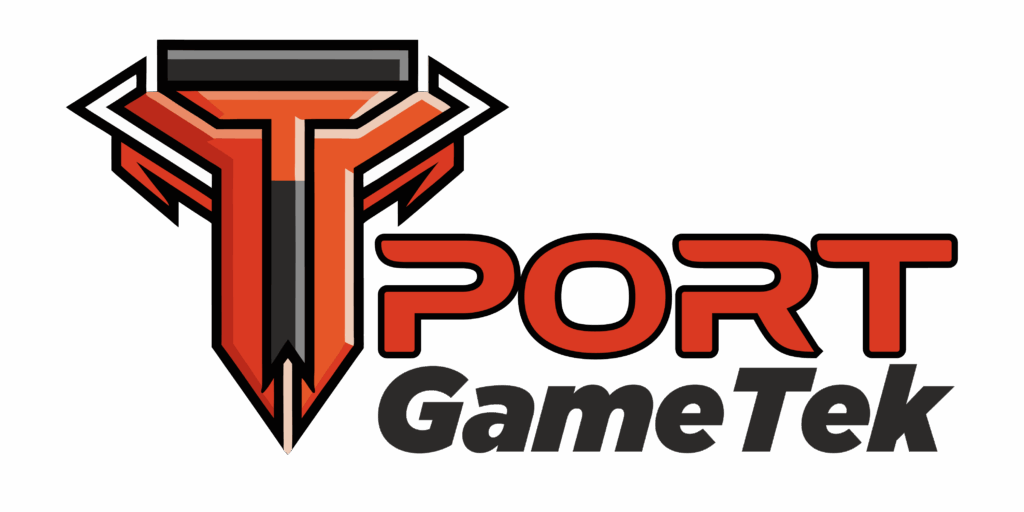Two very different beasts landed in the action RPG space recently. One is a dark, sprawling epic packed with lore and longform exploration. The other is a compact, firecracker experience built around speed, flashy magic, and quick reflexes. Both are magic-driven, both are combat-heavy, and both are dragging fans into hundreds of hours of gameplay—but for very different reasons.
This review breaks down where each title stands in terms of five essential areas: story quality, gameplay flow, world design, combat feel, and spellcasting depth. These are the pillars that matter most if you’re not just looking to button-mash but actually want to get immersed in a system where magic feels powerful and the action stays sharp.
If you’re the kind of player obsessed with weaving together brutal combos, tweaking your loadout for max DPS, or just getting lost in a well-crafted fantasy world, this one’s for you.
Forspoken
Forspoken drops you into Athia, a high-fantasy world filled with magic, towering cliffs, and wide open landscapes. It tries to be bold—pulling hard on style and spectacle—but the world doesn’t always snap into place. Some parts feel glued together rather than grown from a single creative seed.
The traversal is the standout. Moving through Athia feels fast and fluid, with magical parkour that lets you scale vertical environments and streak over open ground. Speed is a design focus, and at times it’s more fun to run through the world than engage with it.
That said, the immersion takes a hit when the story beats come off shallow or detached. Characters feel out of sync or underdeveloped, so even when the world looks right, it doesn’t always feel alive. Athia is ambitious, but its charm depends on how much you’re willing to fill in the blanks yourself.
Hogwarts Legacy
Hogwarts Legacy sticks to a methodical magic system that builds tension rather than chaos. Combat leans on combos, tactical spell selection, and crowd control. You can lead with stealth, disarm with a flick, then roll into heavy-hitting incantations if things escalate. It’s not about mindless casting. Each choice matters.
The game rewards precision. Reading attack cues and countering in time gives it a rhythm that feels closer to classic action games. There’s a sense of weight to each duel. If you treat fights like puzzles, you usually win. If you button mash, you’ll get wrecked.
Forspoken
Forspoken takes the opposite route. It’s fast, loose, and built for improvisation. You’re spell-switching mid-air, chaining elements while sprinting across terrain. Magic types are tied to distinct elemental styles, and building a good loadout feels like tuning a deck of combat options.
It’s flashy, messy, and chaotic until it clicks. Precision takes a backseat to momentum. Once you figure out how to mix parkour movement with reactive spellcasting, every fight turns into a sandbox of destruction. Not for the patient, but seriously fun when mastered.
Visual Wins and Misses: A Tale of Two Open Worlds
Hogwarts Legacy: A Stunning, Faithful Recreation
- Captures the magic of the Wizarding World with detailed, lore-rich settings
- High environmental fidelity creates an immersive atmosphere
- From castle corridors to enchanted forests, the visual design stays true to franchise expectations
Forspoken: Flashy Effects, Uneven Execution
- Spellcasting animations and particle effects are visually impressive
- Dynamic movement and magical parkour offer cinematic moments
- Textures and lighting are inconsistent, leading to a less polished look overall
Performance Post-Launch: Rough Starts
Despite strong artistic direction in both games, technical optimization has been a common challenge:
- Hogwarts Legacy and Forspoken have experienced performance issues on PC
- Players report frame rate drops, stuttering, and varying levels of hardware compatibility
- Patches and updates have addressed some concerns, but stability varies by system
Final Note
Both titles aim high with their visual ambitions, but technical inconsistencies remind players that impressive graphics must also be backed by strong performance.
Hogwarts Legacy
Hogwarts Legacy doesn’t just slap on RPG mechanics — it weaves them into the fabric of its world. Most unlockables are baked into the storyline, with key upgrades tied to classroom lessons and narrative progress. Want to learn a new spell? You have to attend class. What makes it stand out is how the game encourages you to build your student identity. Stealth, combat, and utility talents unlock as you go, giving you flexibility but still grounded in the school setting.
Instead of branching too far out, the game leans into role-play. Whether you’re a studious overachiever or a rebellious rogue wandering dark corridors, your choices shape a version of Hogwarts that feels personal. It’s less about min-maxing numbers and more about becoming someone in that world. That commitment to immersion is what carries it.
Hogwarts Legacy leans hard into nostalgia and structure. You’re dropped into a magical school with defined roles, familiar tropes, and layers of hidden lore. It doesn’t reinvent the spellbook, but that’s the point. The comfort of revisiting the wizarding world, even in a new story, gives players a built-in emotional connection. The plot ticks along with measured beats and sturdy world-building that respects its source.
Forspoken swings in the opposite direction. It drops a modern outsider into a high fantasy world, isekai-style. Frey talks like a street-smart New Yorker, which either keeps players grounded or pulls them right out — there’s not much in-between. The fantasy setting is rich with potential, but the tonal clash between gritty dialogue and epic backdrop sometimes undercuts the emotional momentum.
Where Hogwarts Legacy quietly nails feelings of discovery and belonging, Forspoken gambles on sarcasm and spectacle. The difference shows up most when it comes to dialogue. Hogwarts speaks in warmth and wonder. Forspoken talks back. And for a lot of players, one feels a little more real.
If your idea of a great magical world is detail-driven and lore-packed, then Hogwarts Legacy is your answer. It’s all about deep world-building, carefully set stories, and spellcraft that leans into nostalgia and structure. Think precision, not spectacle.
But if you’re after something faster, louder, and fueled by combat, then Forspoken is your lane. The magic here is flashier, the movement is wilder, and the action rarely slows down. This is the game for players who want to keep their thumbs busy and spells flying.
It mostly comes down to style. If you’re swayed by smooth spell animations and elemental chaos over wand technique and schoolyard rules, Forspoken wins. If mysteries, rich environments, and story depth keep you hooked, Hogwarts Legacy fits better.
Hogwarts Legacy vs. Baldur’s Gate 3: Choosing Your Flavor of Magic
Both Hogwarts Legacy and Baldur’s Gate 3 offer immersive, magic-infused gameplay—but they cater to different styles of play. Understanding what you value most in a game can help you decide which of these two fantasy giants will resonate better with you.
Two Paths to Power
While each title dives deep into the world of magic, the flavor and execution are worlds apart:
- Hogwarts Legacy delivers a more cinematic, structured adventure. Think spellcasting in the iconic Harry Potter universe with a strong narrative backbone.
- Baldur’s Gate 3 lets players get creative with spell chaos. It’s a dense, systems-heavy RPG with turn-based combat and countless choices.
Know Your Playstyle
Before you pick a side—or dive into both—consider what kind of magical experience you’re after:
- Do you prefer action-driven gameplay with a guided story?
- Or do you enjoy building custom characters, rolling dice, and reacting to unpredictable outcomes?
Your ideal magical world depends on how much freedom, complexity, and narrative weight you want.
You Don’t Have to Choose Just One
The good news? Magic-action fans can enjoy both depending on their mood. The key is knowing when you want:
- Structured adventure with iconic moments and visual polish
- Deep roleplaying with open-ended decisions and tactical battles
Understanding your preferred pace and level of control will make all the difference in how memorable each experience feels.
If you’re into chaotic spell-slinging and fast-paced dungeon crawls, Hades II should be on your radar. The sequel keeps what worked—tight combat flow, clever writing, and killer art—while adding enough fresh mechanics to feel like more than just a re-skin. You still loop through underworld arenas, but this time, you do it with new gods, deeper builds, and more tools for chaos. It’s indie, but it punches above its weight in polish and replay value.
Want the full breakdown of why Hades II is already making waves? Check out our deep dive: Indie Spotlight: Breaking Down the Best Features of Hades II.





